Country Spotlight: Lithuania
Blog written by GCNF Staff with support from the Lithuania Global Survey Focal Point, Ieva Gudanavičienė, Advisor, Public Health Department, Health Promotion Division, Ministry of Health of the Republic of Lithuania.
While some countries have a single school meal program that addresses the needs of one identified population, in Lithuania, during the 2020-2021 school year, three different programs took place, reaching over 317,000 pre-, primary, and secondary school students. This number represents an increase in the number of students receiving food from the year before. With a total budget of almost $4.5 million USD, these programs pay special attention not just to the nutritional needs of their students, but also to the country’s environment. In this blog, we’ll dive deeper into the different programs, from who and what is served, to complementary initiatives connected to the feeding program.
Free Meals for Pupils
This school feeding program targets pre-primary school and, initially, grade 1 students. In September of 2021, the Ministry of Health and the Ministry of Social Security and Labor,expanded the program to include grade 2. The meals in this program are entirely free, and older pupils are eligible for free lunches dependent on family income. In the summer, students from low-income families have the opportunity to attend summer camps that serve free meals during the day.
School Scheme
Known as Vaisiupieno Programa in Lithuania, the School Scheme is run by the Public Institution Rural Business and Markets Development Agency. The official name is the European Union (EU) School Fruit, Vegetables and Milk Scheme. Applicable since 2017, the EU School Fruit, Vegetables, and Milk Scheme combines two previous schemes under a single legal framework. Though it began as a school milk initiative in 2004, the program expanded to include the provision of domestically purchased fruits and vegetables as well. With a focus on domestic procurement, the program helps to meet agricultural goals set by the program.
Eco-Kindergarten
The smallest of the school feeding programs present in Lithuania, Eco-Kindergarten provides in-school meals 5 days a week to kindergartens that have volunteered to participate in the program. In the 2020-2021 school year, the program reached just over 1,000 kindergarteners across 10 schools. The program aims to promote organic products and products produced under the national agri-food quality scheme in preschool establishments. Although progress has been made for more ‘green’ school meal programs in the eco-kindergarten programs, the need to reduce food waste on a greater scale remains a concern and a challenge.
The various school feeding programs in Lithuania demonstrate how programs can be implemented to fit the needs of different populations. Today, Lithuania is a member of the BSR Food Coalition, a project bringing together Baltic States to support and expand Farm to School program models. The project is currently in its pilot phase with results expected in May 2024. To learn more about the BSR Food Coalition, and the work being done to transform food systems through sustainable school meals, follow this link.
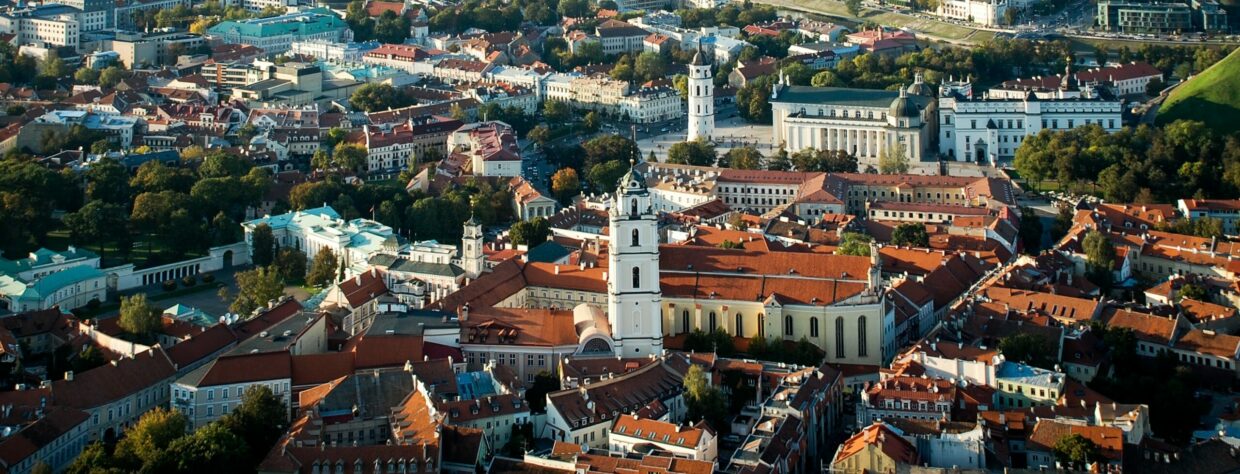
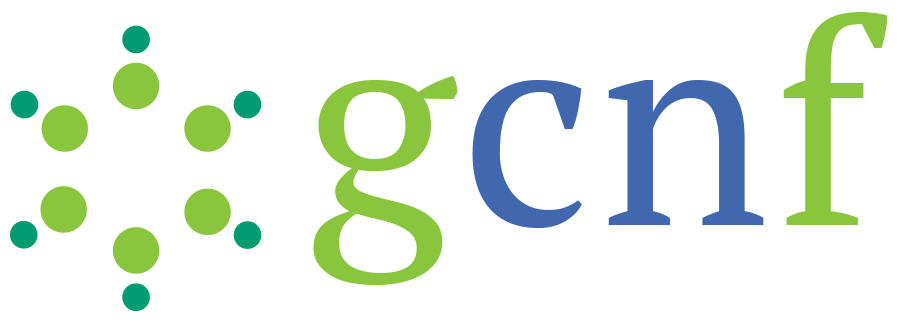
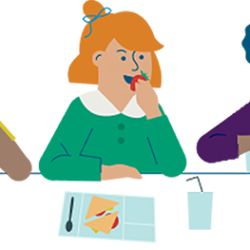
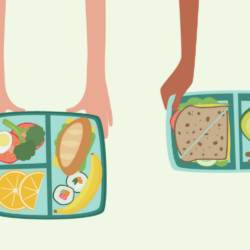

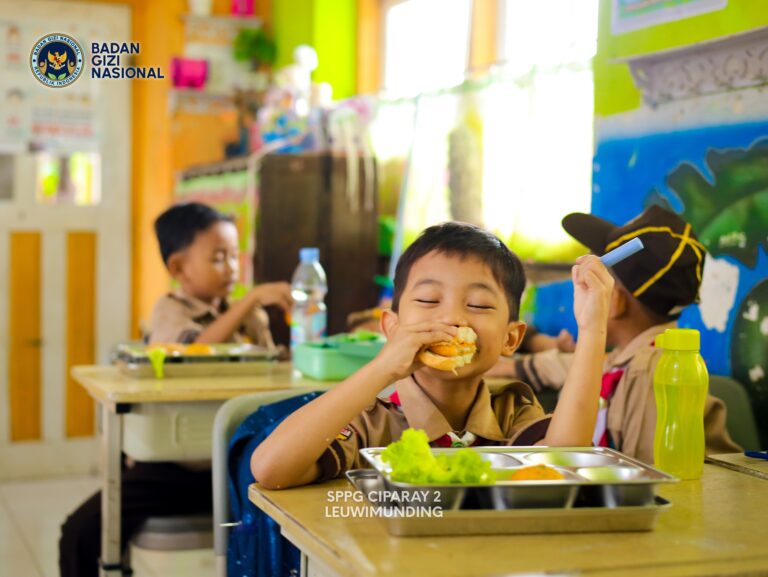

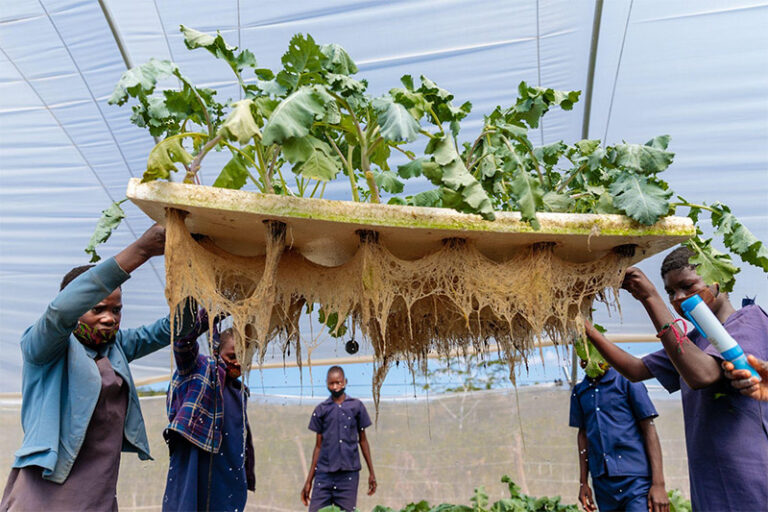
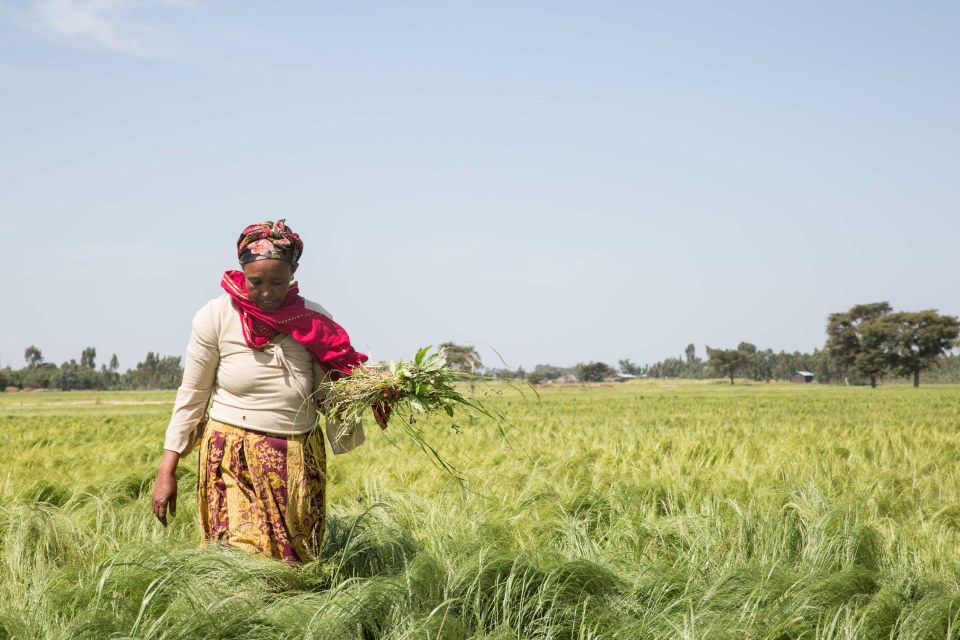
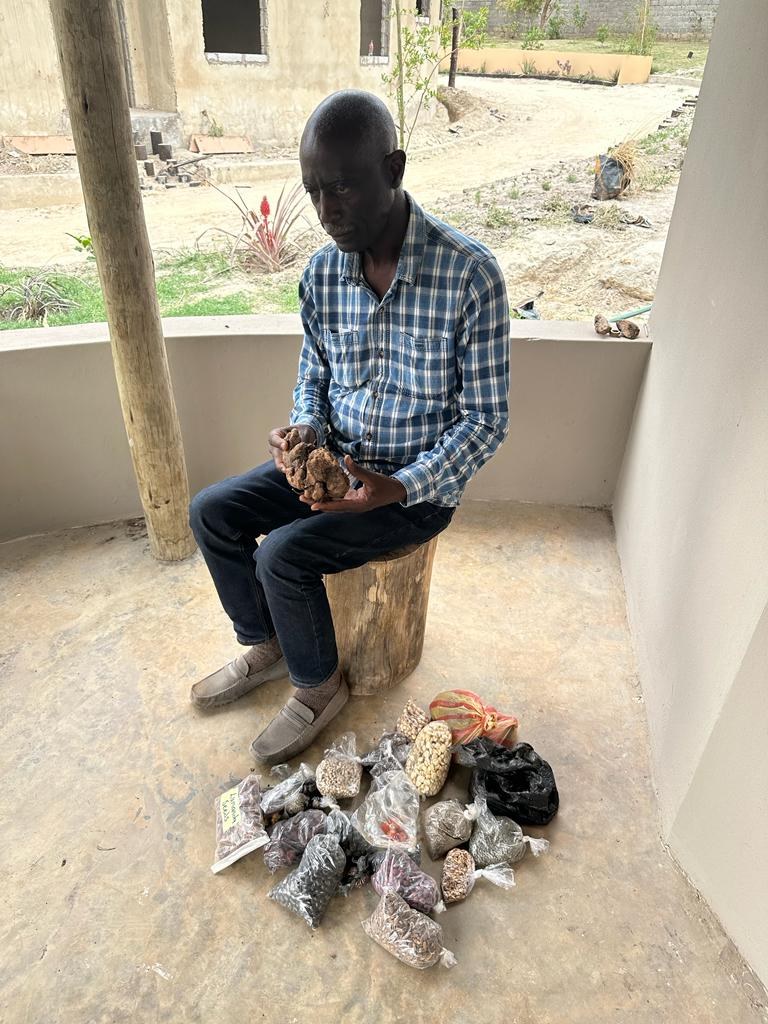
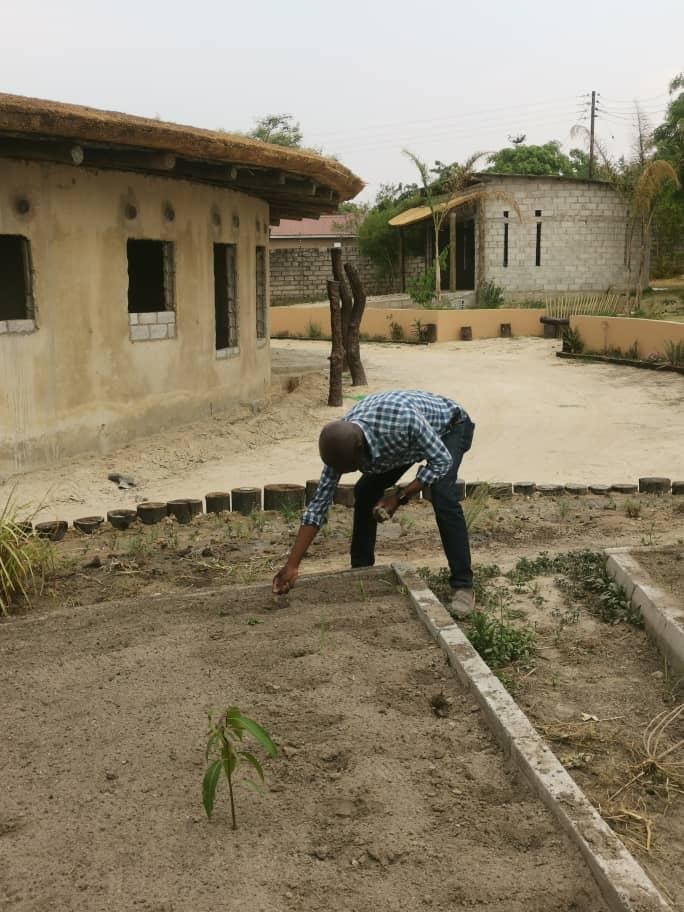
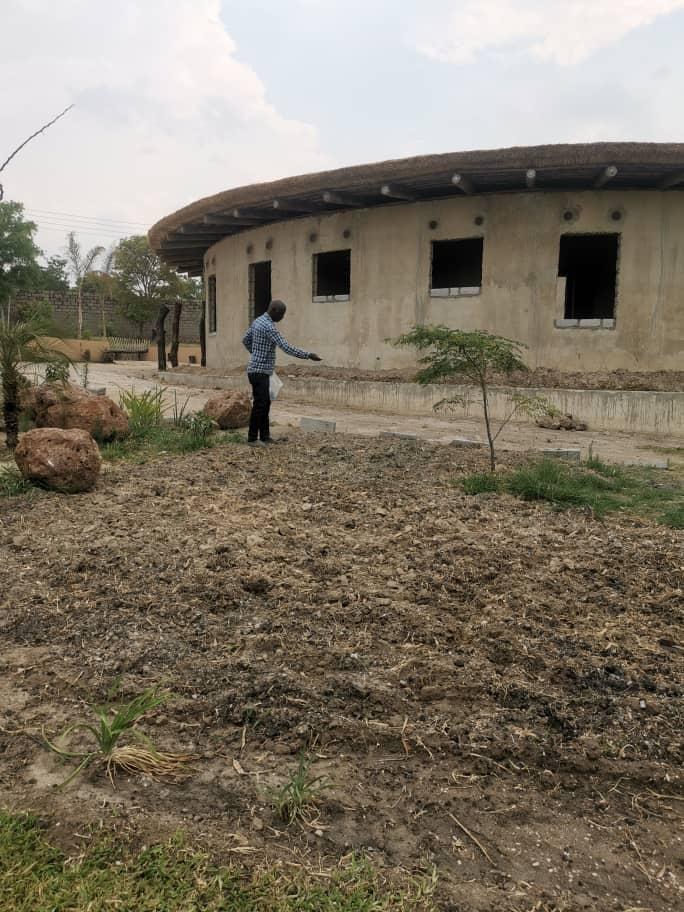
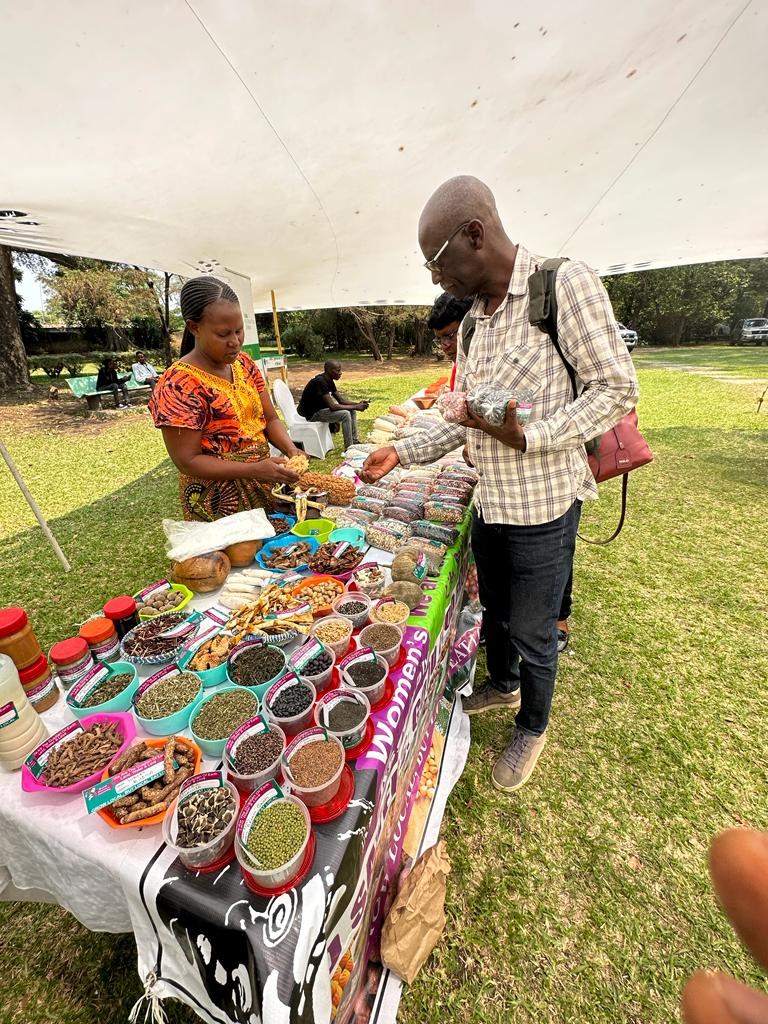
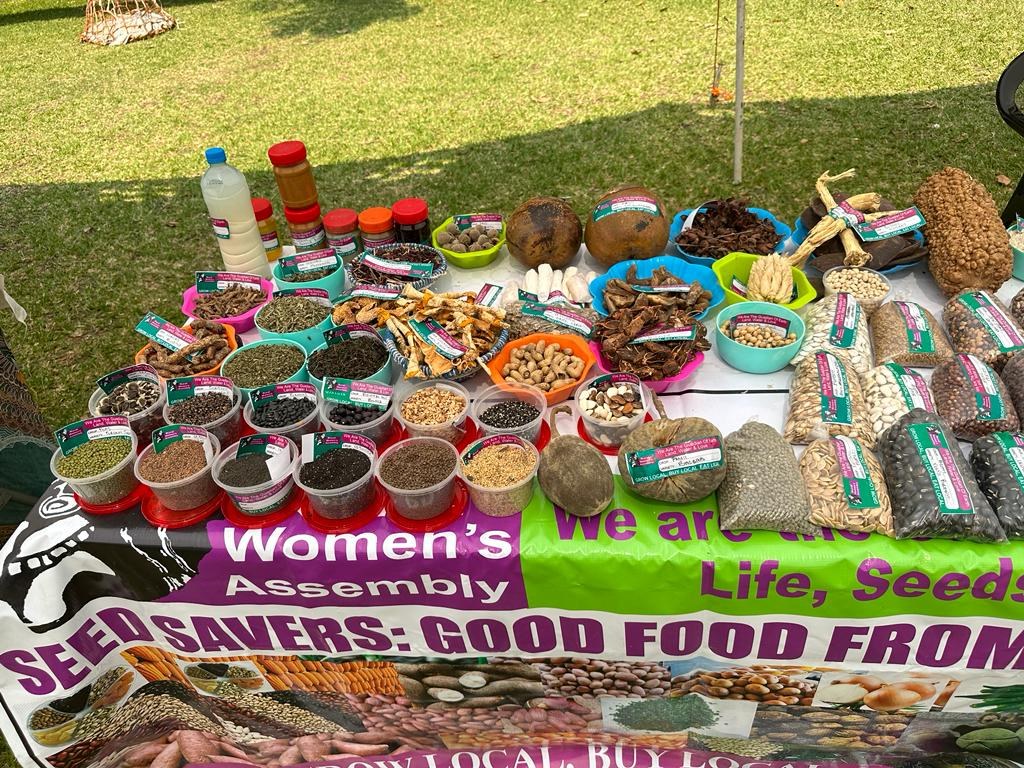
No comment yet, add your voice below!